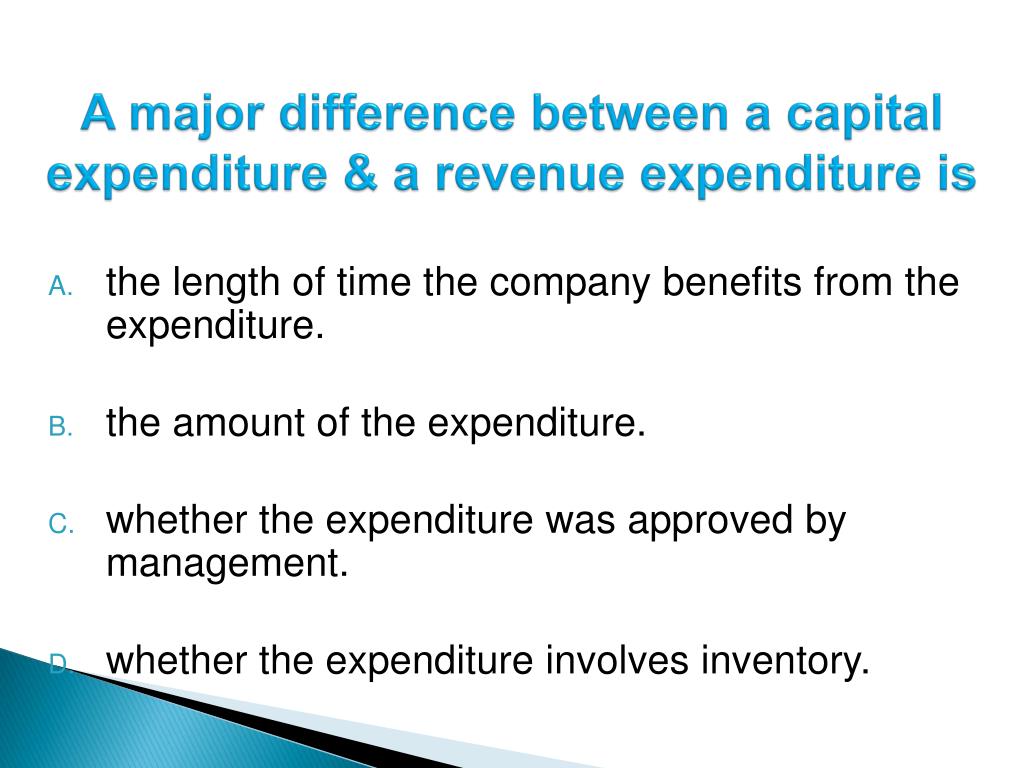
Secondly, they need to know how the sales guy is doing against his quota and bookings goal. First, they need to know how well the company is doing on a total sales basis. The CEO needs this information at two levels. Quite simply, this represents how much (in both value and deal count) was booked by the sales rep. One of the most important sales metrics for companies to track and analyze is bookings.
DIFFERENCE BETWEEN BOOKINGS AND REVENUE FREE
(For more detailed information about sales forecasting, check out our FREE eBook: The Ultimate Guide to Sales Forecasting.) In fact, there are three different scenarios where a SaaS company might have to deal with the differences between bookings forecast and a revenue forecast. The problem is that there are vast differences between making a booking and scheduling out revenue at a company operating under a SaaS model. The nuances of each of these different types of reports can be tricky to navigate without the help of product line items in Salesforce reports. One of those difficult questions is when companies – especially organizations selling Software-as-a-Service – need to figure out the difference between a bookings forecast and a revenue forecast. This is due to the fact that both public and private companies operate in a highly evolving, complex business environment that is not as simple as the illustrative example I provided in the prior section.We’ve told you all about why you need product line items in Salesforce to help you answer some difficult questions. Nevertheless, private companies still deal with many of the same challenges public companies face with respect to bookings, billings and revenue. For private companies, reporting on these metrics is a bit simpler, as they can report on all three for internal purposes with less required expectations from external investors (although private-equity and venture-capital firms do indeed have their own reporting standards that are implemented). If the metrics are all of a sudden removed from this public company’s reporting, and management provides no tangible reason to justify the removal, external stakeholders may end up being alarmed and/or begin to question the validity of the financials and management’s ability to deliver consistent shareholder value creation. For instance, if a public company decides to report bookings and billings one way when it goes public, it will be the expectation of sell-side analysts and investors to continually receive the same metrics calculated in the same manner in the future. Let’s look at how revenue stacks up against bookings and billings for Company ABC in the example below:Īdditionally, challenges arise for public companies in reporting these supplemental metrics, as management must be cognizant of maintaining a consistent, long-term view on reporting methodologies to investors. To avoid delving into the complexities of ASC 606 here, the example we will provide below will assume the simplest of terms – a single contract with a defined, static price (no discounts) for a product that is to be delivered monthly to a customer. In the simplest of instances, billings will equal revenue if company employs monthly billing otherwise there can be a variance between billing and revenue streams (again, ASC 606 adds nuances to this point that we can go over later). With FASB’s recent issuance of ASC 606, there are a number of modified rules that must be met in order for a company to recognize a booking value as revenue in one period (we will touch upon the details of ASC 606 in a later article). Lastly, revenue represents the allowable portion (allowable based on both GAAP and whether or not the company has provided the product / service to a customer) of a customer’s booking / contract value that can be recognized as revenue in a single period.

Let’s begin with a quick illustration of bookings (and let’s assume that the booking occurs in day one of month 1): Bookings themselves do not directly affect a company’s balance sheet or income statement – they are a sales performance metric that results in eventual billings and revenue recognition (which, as we will discuss, both do have an impact on financial statements). As was detailed in Part 2 of the KPI Series, bookings can be stated on a total contract value (TCV) basis or an annual contract value (ACV) basis, depending on the length of contract signed. These bookings are generated by sales personnel who convert pipeline opportunities into customers.

Bookings are the lifeblood of growth and expansion for companies, as they represent the total economic value of all new (or expansion / upsell / renewal) contracts that are signed. Before digging into some best practices and common challenges in reporting these metrics, it is helpful first to understand the fundamental differences between bookings, billings and revenue.


 0 kommentar(er)
0 kommentar(er)
